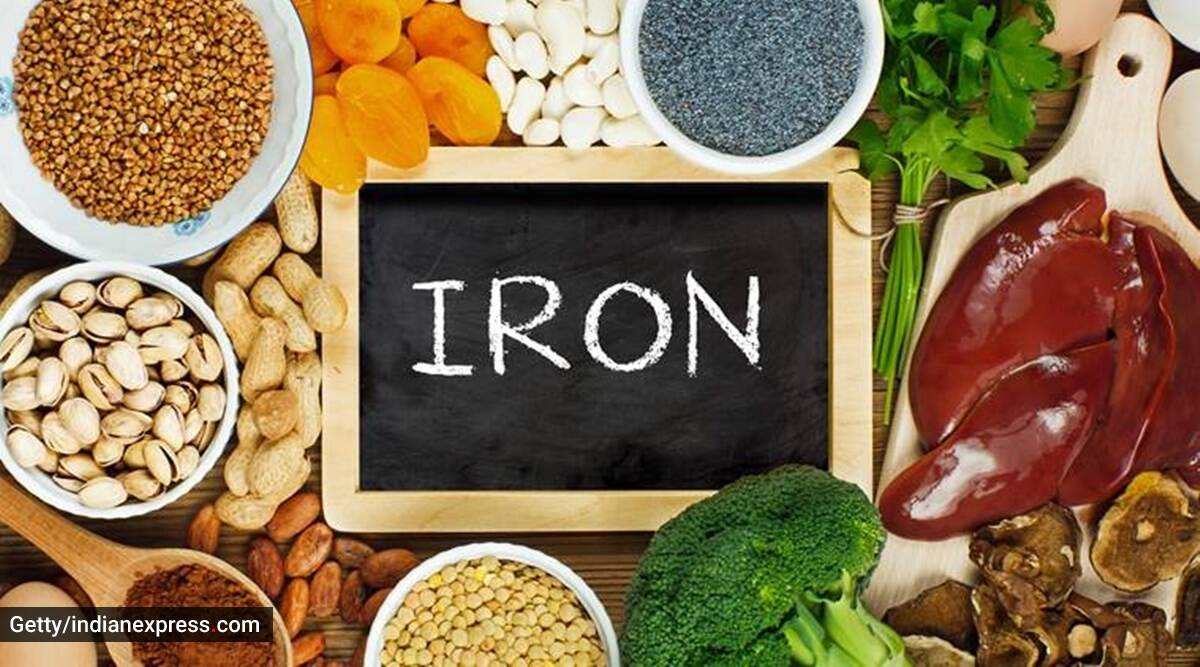
If you're suffering from anemia, there are plenty of herbs that can help to reduce your symptoms. These herbs work in the body to increase red blood cells, thereby helping you feel better and restore your overall health.
While a variety of factors can contribute to anemia, iron deficiency is the most common reason. Herbs that are rich in iron can help to boost your hemoglobin and RBC count.
Parsley
Parsley is a rich source of iron, which helps increase the body's production of red blood cells. Healthy red blood cells transport oxygenated blood to the cells in your body that need it for oxygen and repair.
Another benefit of parsley is that it's high in vitamin K, which promotes bone health and strengthens blood clotting. It also contains folic acid, which may reduce the risk of heart disease in certain people.
It's also a natural diuretic, which means it helps to flush out toxins from your body by increasing your urinary output. This is especially helpful if you have high blood pressure or bloating issues. It can also help to relieve menstrual cramps and lower the pain of UTIs.
Nettle
Nettle is a plant that can help reduce the symptoms of anemia. It contains high levels of iron and vitamin C, which improves the body's ability to absorb iron.
It also contains potassium, which lowers tension in arteries and blood vessels. This can lower the risk of heart disease and strokes.
In addition, nettle is a diuretic and promotes healthy urination. It's also a natural treatment for urinary tract infections and kidney stones.
It's a good source of calcium, magnesium, potassium, zinc, selenium, chlorophyll and protein. It's also an antioxidant.
Dandelion
Dandelion root extract works in the body to increase red blood cells. This is because it contains a good amount of iron, B vitamins and vitamin C.
It also stimulates the production of immune-boosting proteins (TNF-a, IL-10 and IL-12P70) that help reduce fatigue. However, it is important to note that more research needs to be done before this supplement can be recommended for use in anemia.
Dandelion is a safe herb to consume but may cause nausea and vomiting in some people. Because of this, it should be used under the guidance of a medical professional. It can also interact with other herbs, supplements or medications so speak with a doctor before using it.
Moringa
Moringa leaves are high in vitamins and minerals. They have anti-inflammatory properties and are a good source of iron. They also help prevent blood clots and lower your risk of cancer and heart disease.
The plant is a powerful antioxidant that fights free radicals (compounds that damage cells) and reduces oxidative stress. It is also thought to increase the production of red blood cells.
It has anti-inflammatory properties and is said to lower your risk of diabetes by regulating your blood sugar levels. It may also protect against the complications of diabetes like retinopathy, nephropathy and atherosclerosis.
The leaves of moringa can help increase the production of red blood cells and are an effective treatment for anemia. They can also improve your eyesight and boost your energy.
Spirulina
If you’re looking for an herbal supplement to help reduce symptoms of anemia, spirulina can be a great option. It has an abundance of nutrients including folic acid, iron, vitamin B-12, and more.
It’s also a good source of protein, which is essential for cellular growth and recovery. It has a high concentration of antioxidants, too, so it can also fight inflammation.
Incorporating spirulina into your daily routine can be a great way to boost your nutrition, especially if you struggle with protein in your diet. This plant-based nutrient is easy to find and is available in a variety of forms, from powders to drinks.
Spirulina is a blue-green algae that can be grown in a variety of different environments, such as manmade or natural lakes. It’s a popular nutritional supplement, but it can be contaminated with heavy metals and microcystins, so play it safe by buying a high-quality, organic brand.
Frequently Asked Questions
What herb heals all wounds?
The answer to this question varies depending on the type and severity of the wound.
The herb comfrey (also known as knitbone) has long been used for its healing properties, particularly for skin injuries such as cuts and bruises.
Studies suggest that comfrey contains allantoin, which helps speed up healing. Other herbs commonly used for healing wounds include calendula, plantain, and yarrow. These herbs help to reduce inflammation, stop bleeding and speed up the skin's healing process.
In addition to herbs, honey has also been found to have powerful antimicrobial properties that can help prevent wound infection.
Herbs for wound care is an age-old practice that continues to be used today. However, herbs should not replace medical treatment, and always consult your doctor before using herbs for healing. With the right herbs, you can give your body the support it needs to heal naturally.
What are healing flowers?
Healing flowers are plants that promote peace and tranquillity. They help us unwind after a stressful day and make us feel more relaxed.
They also help us connect to our inner selves and reconnect with nature.
These beautiful blooms are used for meditation, prayer, and contemplation.
We call hundreds of varieties of flowering plants ‘healing’ because they provide such a fantastic experience.
This list includes roses, lilies, irises, daffodils, peonies, tulips, hyacinths, and many more.
But there are two species that I find particularly special. These are the Geranium and Lilium.
Geraniums are very easy to grow and come in various colors. Liliums are also known as lily-of-the-valley, which means 'lily' and 'valley.' Both of these species are popular garden flowers.
Healing flowers are often found growing near water. They are said to bring peace and calmness to those who meditate with them.
In ancient times, people would light candles in flower petals to symbolize the sun. This way, they could honor the sun without needing to go outdoors.
Some say that when you look at these flowers, you may see angels dancing.
Is it safe to eat raw garlic?
Raw garlic contains potent compounds that could cause stomach upset. Garlic should always be cooked before eating.
Garlic is one of the oldest known medicinal plants. It has been used since ancient times to treat various ailments.
Today, garlic is still commonly used for treating colds, coughs, and other respiratory infections. In addition, garlic can increase blood circulation, boost immunity, protect against cancer, lower cholesterol levels, prevent heart disease, and reduce stress.
Do not ingest large amounts of raw garlic to avoid possible health problems. It does not harm you if you consume small amounts regularly, however. This is especially true with young children who might accidentally swallow some.
What are the side effects of basil?
Basil is an herb that originated in tropical regions of India, Africa, China, Indonesia, Malaysia, Thailand, Philippines, Mexico, Puerto Rico, Jamaica, Costa Rica, Panama, Colombia, Venezuela, Brazil, Peru, Ecuador, Bolivia, Paraguay, Uruguay, Argentina, and Chile.
The plant is easy to grow in most climates and requires little maintenance. Basil also thrives in poor soil conditions and is very drought tolerant.
As for the health benefits, more than 200 known compounds are found in basil, including flavonoids, phenolic acids, lignans, polysaccharides, essential oils, vitamins, and minerals.
According to the University of Maryland Medical Center, basil contains powerful anti-inflammatory properties which may help relieve symptoms associated with arthritis, asthma, allergies, bronchitis, cancer, cardiovascular disease, diabetes, digestive disorders, depression, eczema, insomnia, infections, migraines, osteoporosis, psoriasis, respiratory problems, stress, and ulcers.
Basil is also a culinary spice and is often added to tomato sauces, soups, salads, pasta dishes, rice dishes, dips, casseroles, pizza toppings, pesto, chicken wings, and popcorn.
However, like all herbs, basil should be consumed in moderation. Too much of anything is not good for you. For example, eating large amounts of basil could lead to stomach upset. And if you have sensitive tummies, avoid consuming basil during pregnancy.
If you are pregnant or nursing, consult your doctor before taking herbal supplements.
You should only take one type of supplement at a time. If you take other medications, make sure they do not interact with each other.
You should never use herbs while on medication unless directed by your doctor.
Some people experience allergic reactions when using herbs, especially those allergic to ragweed. Symptoms include hives, swelling around the mouth or eyes, shortness of breath, chest tightness, nausea, vomiting, diarrhea, headaches, dizziness, fainting, heart palpitations, blurred vision, loss of consciousness, seizures, or even death.
Some people who take certain medications may develop an allergy to basil. These drugs include:
- Antacids (like Alka Seltzer)
- Anti-anxiety medicines (Valium, Xanax, Ativan, etc.)
- Beta-blockers (like Propranolol)
- Blood thinners (like Coumadin)
- Calcium channel blockers (like Amlodipine)
- Cholesterol-lowering drugs (like Lipitor, Zocor, Mevacor, and Pravachol)
- Diabetes medicine (like Glucophage)
- Diuretics (like Lasix)
- Heartburn medicines (like Prilosec OTC)
- Hormone therapy (like Premarin, Tamoxifen, Femara)
- Insulin (like Humalog, Lantus, Novolin R)
- NSAIDs (like Aleve, Motrin, Advil, Excedrin, Tylenol, Ibuprofen)
- Oral contraceptives (like Ortho Evra, Yasmin, Loestrin, Ovrette, Yaz, and Seasonale)
- Pain relievers (like Aspirin, Celebrex, Vicodin, Percodan, Darvocet, Dilaudid, Fiorinal, Tylenol 3s, Naproxen, Motrin, Tramadol, Ultram, Voltaren
What is the difference between basil and oregano?
Both of these herbs belong to the Lamiaceae family. They share similar flavors, but the differences are obvious.
Oregano is more pungent than basil. It also adds an extra layer of flavor to foods.
Basil leaves are smaller than oregano leaves. They are also softer and less aromatic.
The two herbs are often used interchangeably. Although they are quite similar, each has its distinctive qualities.
Which herbs are healing herbs?
If you look for healing herbs, you won’t find them in the supermarket. There isn’t any place to buy them. There is no store selling them.
You haven’t been able to find healing herbs because they aren’t sold anywhere. They are grown right here in our backyard.
Healing herbs are plants that grow naturally in North America. Like many common household items, these herbs grow throughout the United States and Canada.
These herbs treat minor ailments such as colds, flu, sore throats, coughs, and headaches. Many of these herbs have been used for centuries to help heal wounds and promote overall health.
Of course, when we say “heal,” we mean more than simply treating an illness. We also refer to the ability of these herbs to restore balance and harmony within ourselves and the world around us.
For example, the chamomile herb helps relieve stress. This means that if you feel stressed out, you may benefit from taking chamomile tea. Chamomile tea has been shown to reduce anxiety and nervous tension.
In addition, chamomile tea has been proven effective in relieving insomnia.
Chamomile tea has many other benefits, including its ability to ease stomach aches and gas pains and even improve digestion.
Another popular healing herb is Echinacea. Echinacea is known for helping to fight infections and boosting the immune system.
Echinacea is commonly taken internally and externally to fight infection, prevent viral diseases, and boost immunity. It is safe to use during pregnancy and lactation.
Echinacea also helps reduce muscle pain and inflammation. You can take echinacea orally or topically (as an ointment).
This herb is available in both liquid and capsule form. Liquid echinacea is often mixed with honey and lemon juice. The mixture is then strained and consumed.
Capsules are usually made of freeze-dried plant material. They contain standardized amounts of active ingredients. To use capsules, swallow one or two a day.
The third type of herbal remedy is called tincture. Tinctures are alcoholic extracts of herbs. They are typically used to treat internal problems. Tinctures are generally diluted before being ingested.
Tinctures can be taken orally or applied topically. For oral consumption, dilute tinctures with water. Some people prefer to mix tinctures with food.
Tinctures are easy to prepare. Put about one tablespoon of dried herb into a bottle containing enough alcohol to cover the herb completely. Allow the mixture to sit for several weeks. Then strain and consume.
You may want to try some of these natural remedies to see which ones work best.
Why do some love coriander and others don't?
Some people hate coriander, while others love it. But why?
Coriander is an herb that grows in warm climates throughout the world. It is native to both North America and Europe.
The leaves of the plant are used in cooking and can also be found in condiments such as salad dressings and dips. When added to food, coriander provides a spicy flavor.
Many people love its taste because it adds a fresh flavor to dishes without overpowering them. Others dislike the smell and taste of coriander because they find it too strong.
But there is more to coriander than meets the eye. There are two types of coriander – sweet and hot. Sweet coriander is milder and sweeter tasting compared to hot coriander.
Sweet coriander is usually grown for its seeds, often called cilantro. This type of coriander is easy to grow and is very low maintenance.
Hot coriander is most commonly used in Indian cuisine. Hot coriander gives a rich flavor to curries and sauces, making it popular among Indians.
Some people say that hot coriander tastes better than sweet coriander. However, the opposite is true for those who prefer sweet coriander.
There are many reasons why people enjoy different varieties of coriander. For example, one person may love the taste of coriander, while another enjoys the aroma.
Whether you like sweet or hot coriander, you might be surprised to learn that you can buy both types of coriander online.
Statistics
- The global herbs market is expected to reach more than $125 billion by the end of 2025.
- The herbs market is highly competitive, with over 1,000 herb suppliers and over 15,000 herbs products available in the United States alone.
External Links
mskcc.org
- Ashwagandha | Memorial Sloan Kettering Cancer Center
- Grape Seed | Memorial Sloan Kettering Cancer Center
pubmed.ncbi.nlm.nih.gov
amazon.com
sciencedirect.com
- Peppermint oil (Mintoil®) in the treatment of irritable bowel syndrome: A prospective, double-blind placebo-controlled randomized trial
- Curcumin reverses the effects of chronic stress on behavior, the HPA axis, BDNF expression, and phosphorylation of CREB
How To
How to Use Herbs and Spices in Cooking?
Herbs and spices are a great way to add flavor without adding calories. If you've been cooking for years, you already know how easy it is to make even bland foods taste delicious. Try these tips to add more flair to your dishes.
Herbs and spices are essential ingredients in any kitchen. In addition to making food taste better, they also help keep food fresh longer. From enhancing the flavors of soups and sauces to infusing drinks with exotic tastes, herbs and spices go far beyond traditional cooking.
The most important thing to remember when using herbs and spices is to use them sparingly. Even though they may seem like powerful ingredients, they have a strong scent. So, sprinkle them on top instead of piling them onto a dish.
You'll find that the best herbs and spices come in small containers. This makes them easier to measure out, so there won't be any waste. Plus, you'll save money because you won't have to buy large amounts.
Another tip is to avoid placing herbs and spices directly on hot pans. Heat will quickly dry out the herbs and spices, leaving a bitter aftertaste. Instead, place them on paper towels to absorb excess moisture.
Use herbs and spices liberally in recipes where they naturally complement each other. For example, cinnamon pairs well with apples, while garlic complements tomatoes. Once you learn how to combine flavors, you'll be able to create your signature dishes.
Try experimenting with different herbs and spices to spice up meals. For instance, mix thyme, rosemary, oregano, and basil in a bowl. Add salt and pepper to taste. Then toss the mixture with pasta, chicken, or fish.
After the meal, store leftover herbs and spices in airtight jars. This will prevent them from drying out. Also, wrap unused herbs and spices tightly in plastic wrap. They should stay fresh for at least three months.
If you're looking for ways to improve your diet, consider trying new herbs and spices. You can experiment with different blends until you discover your favorite combination. The possibilities are endless!
Resources:
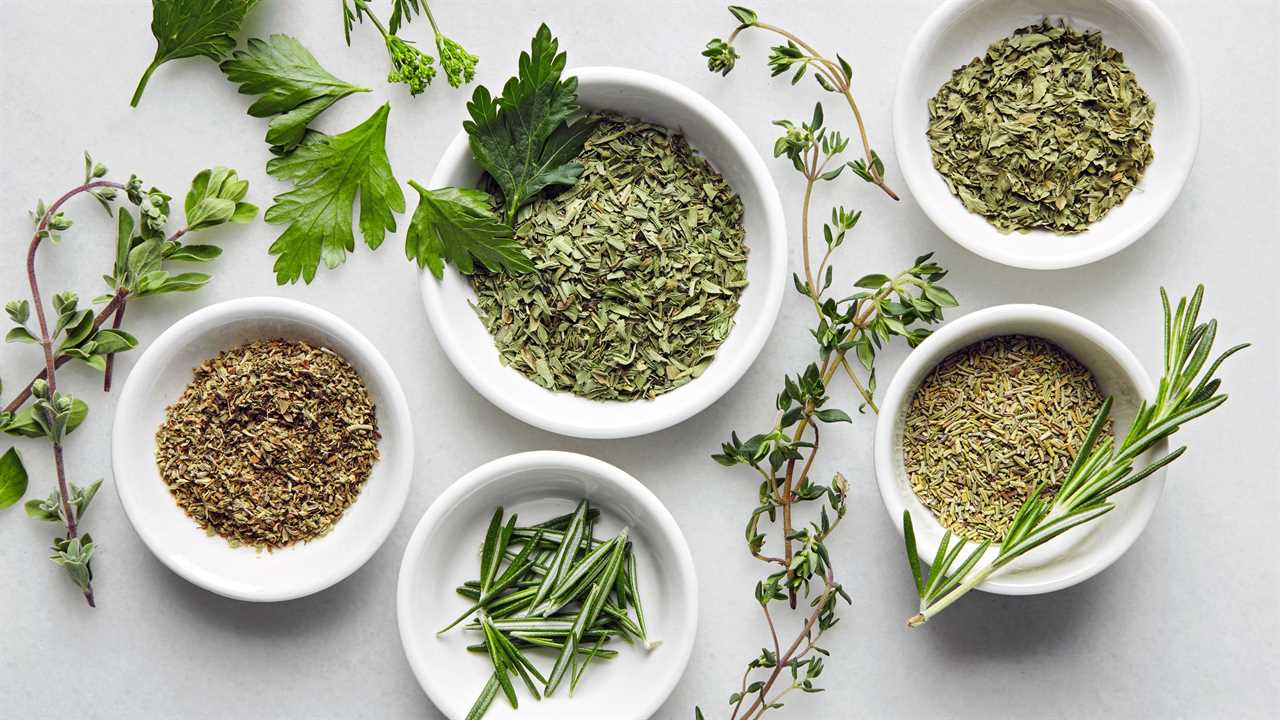 |
12 Cooking Herbs every Cook should know about !Who are they ? How to identify them ? What to cook with them ? All the answers in this video. Culinary herbs ( aka Aromatic herbs ) are a perfect way to add |
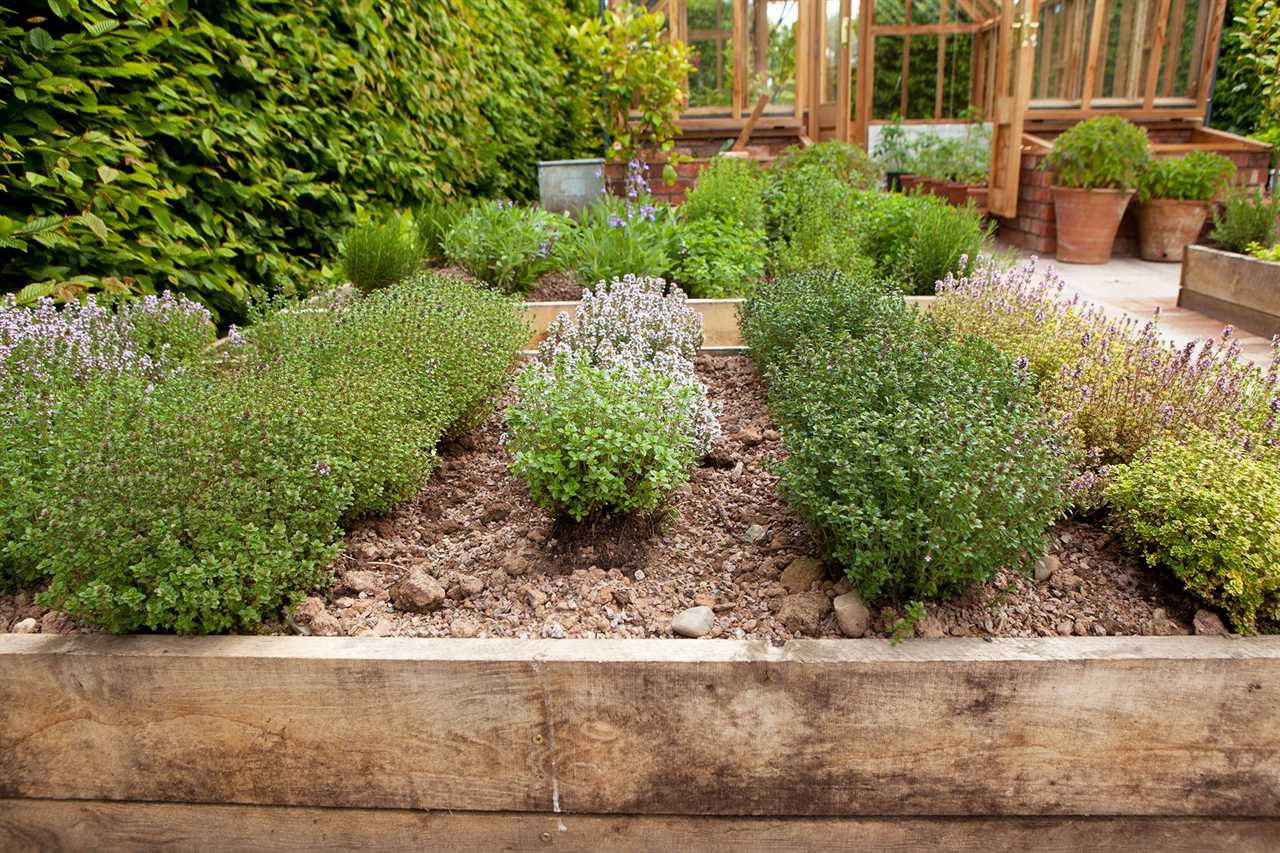 |
Juliette of the HerbsJuliette of the Herbs |
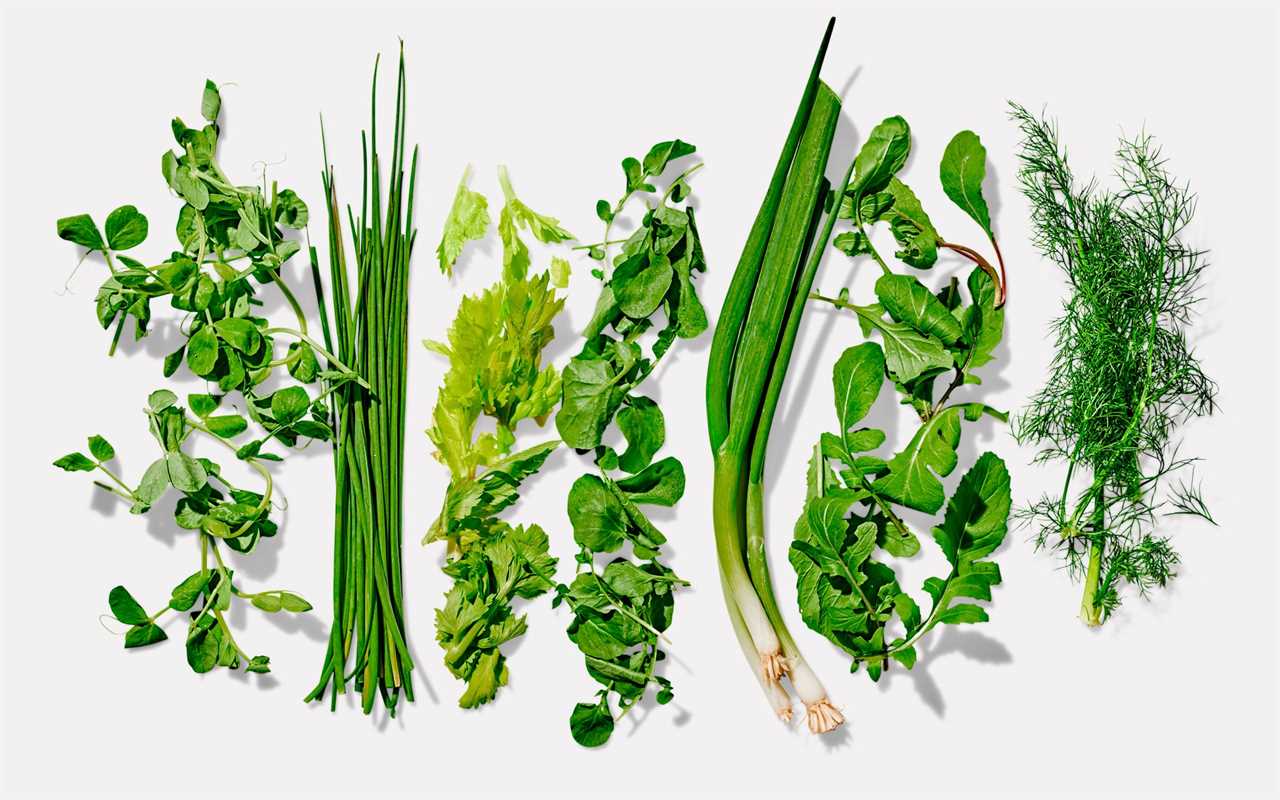 |
10 Tips To Clear Blood Clots (Naturally)In this video we explore 10 tips to clear blood clots naturally to protect against strokes, heart attacks, deep vein thrombosis etc.. The human body is |
 |
8 of my Favorite Herbs to use to Sleep| How To Sleep Better With These 8 Natural Herbs | Good Sleep8 of my Favorite Herbs to use to Sleep| How To Sleep Better With These 8 Natural Herbs | Good Sleep Get 15% off your first purchase of Dr. Peace Lily's |
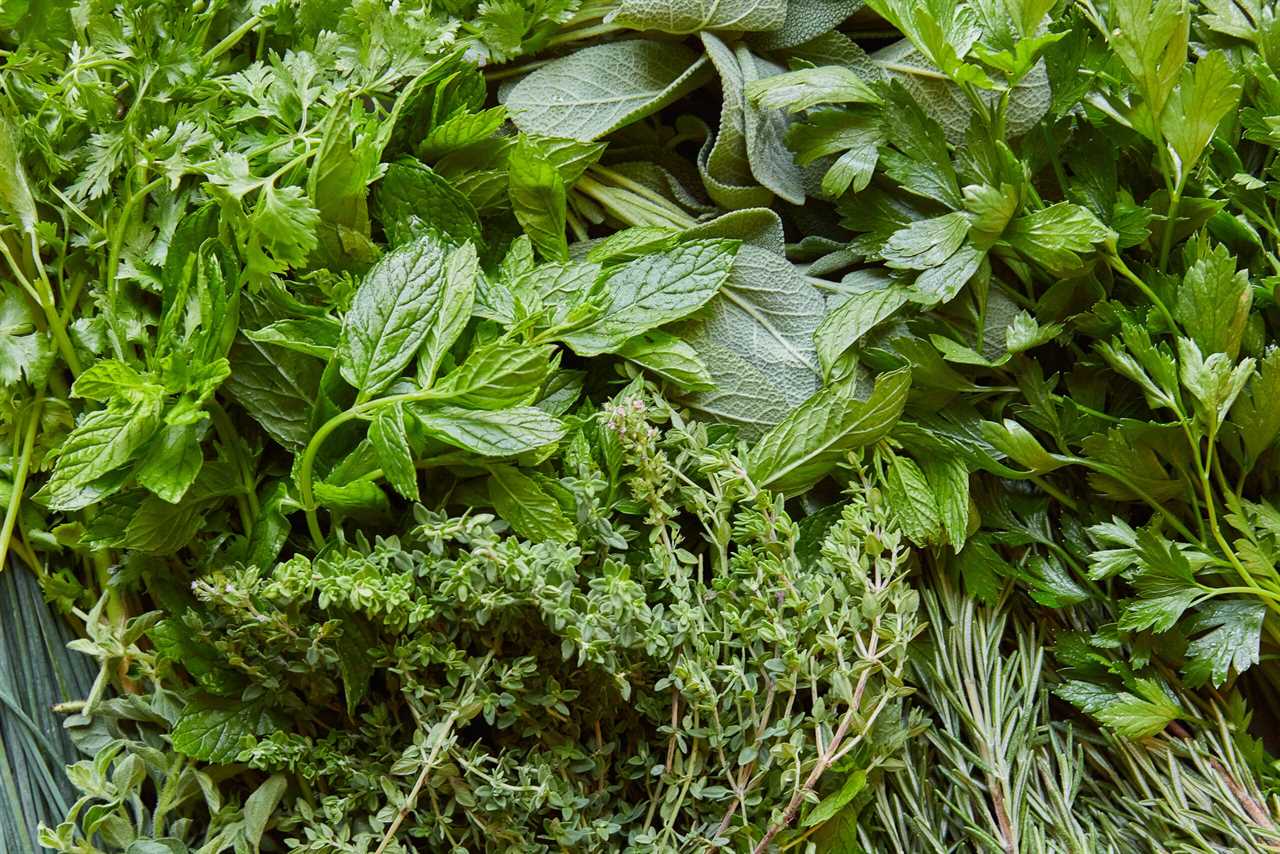 |
Going Through My Medicinal Herbs: Organizing the Apothecary part 1Take a little journey with me into my herb room, where I store my medicinal herbs. I'm in the process of going through these and my herbal preparations |
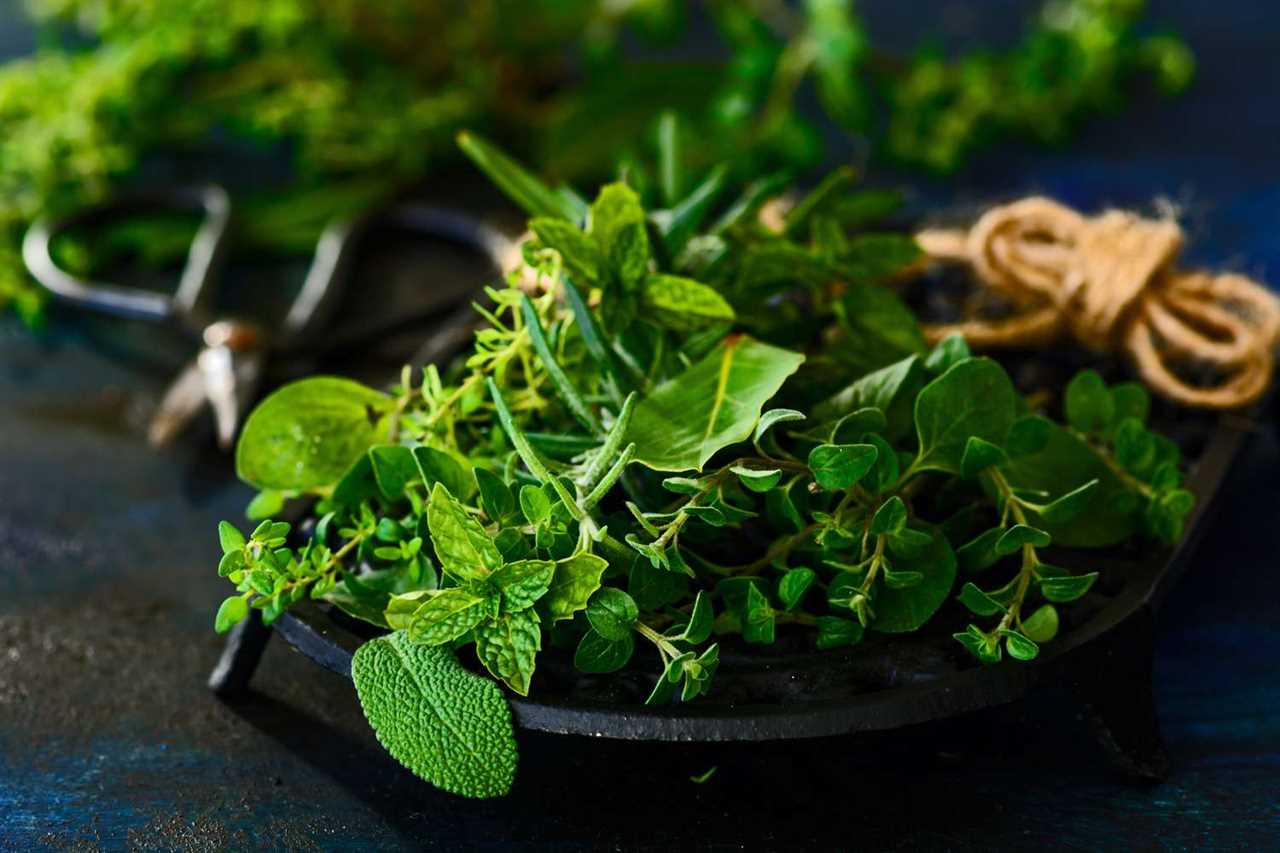 |
Food as Medicine with Master Herbalist Patrick DelvesAccording to Master Herbalist Patrick Delves, "People are bombarded with different sicknesses because of lack of knowledge and they are now slaves to the |
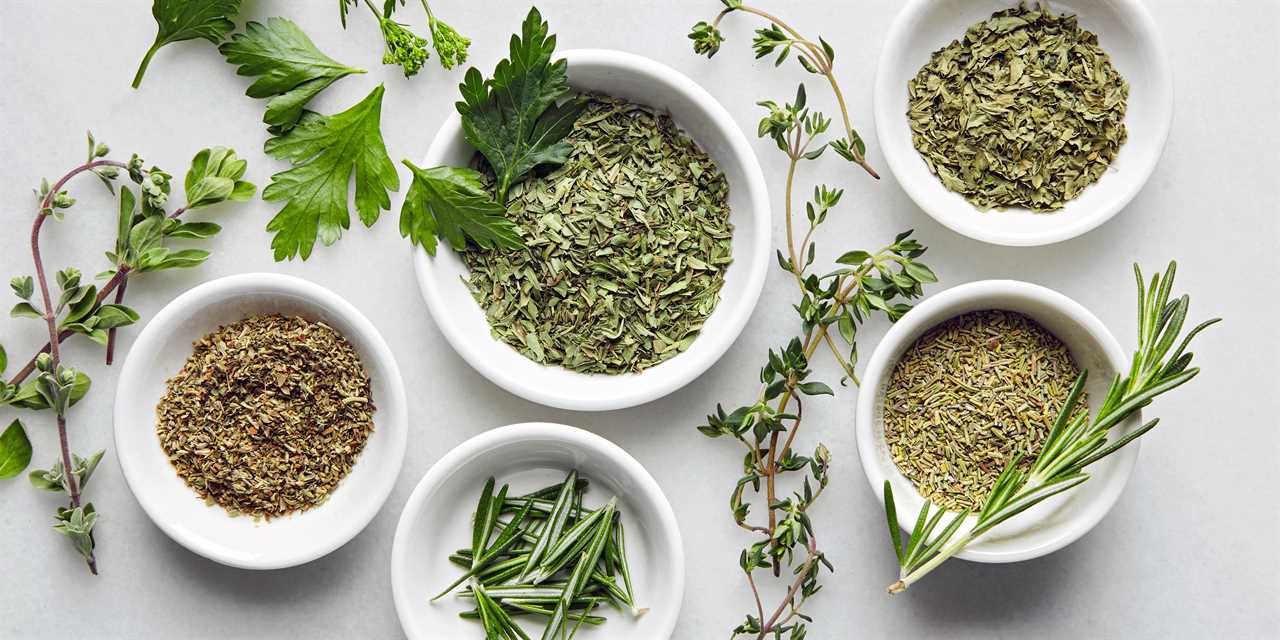 |
It''s starting, Bill Gates announces the next pandemic date and outbreak location | Redacted NewsWell Bill Gates and the WHO have ran a simulation of the next pandemic, coming soon to a government near you in 2025. The Johns Hopkins Center for Health |
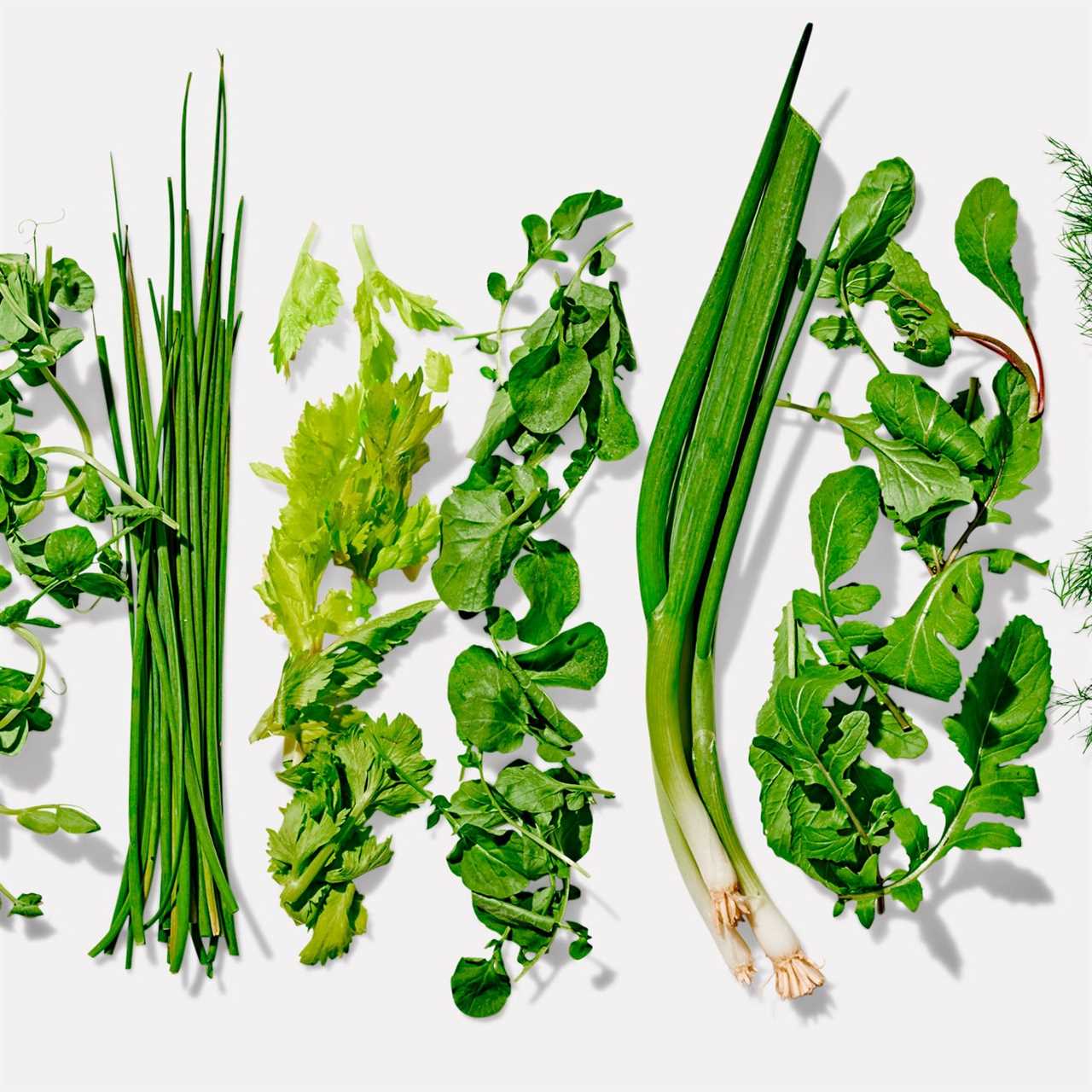 |
Everything Wrong with Dr.Berg’s Channel (The Amount of Misinformation is INSANE!)Go to https://thld.co/kettleandfire_abbey_0622 and use code ABBEY for 20% off a variety pack today! Thanks to Kettle and Fire for sponsoring today's video |
 |
How I Reversed 20 years of Arterial PlaqueClick this link for more Videos! https://www.youtube.com/channel/UCmoEsq6a6ePXxgZeA4CVrUw?sub_confirmation=1 The Demonization of Stati […] |
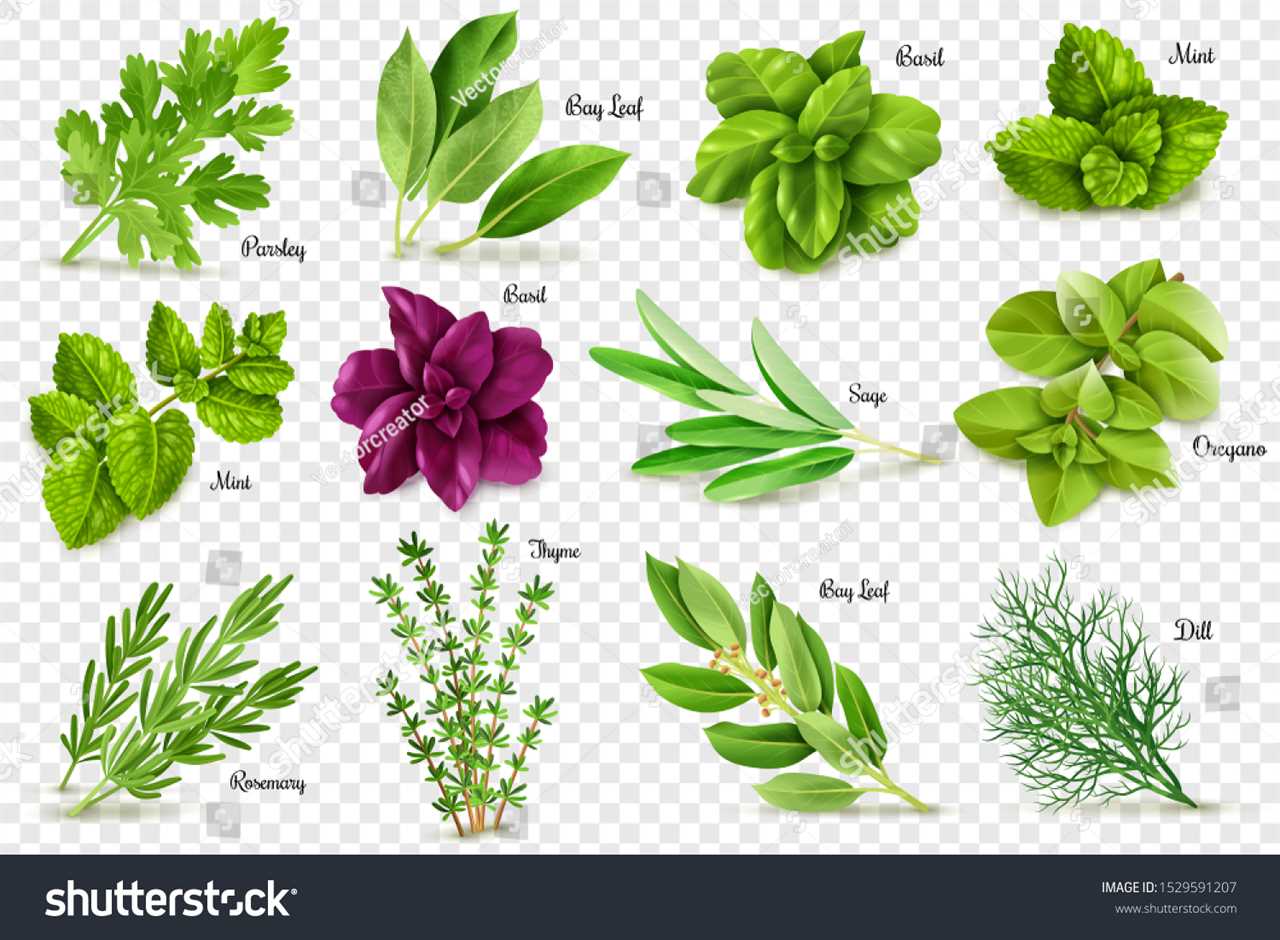 |
Formulating a STRONG Respiratory Tincture!herbalism #apothecary #homesteading This time of year is the season of giving... Germs included! Join me as I blend a strong tincture with the intentions to |
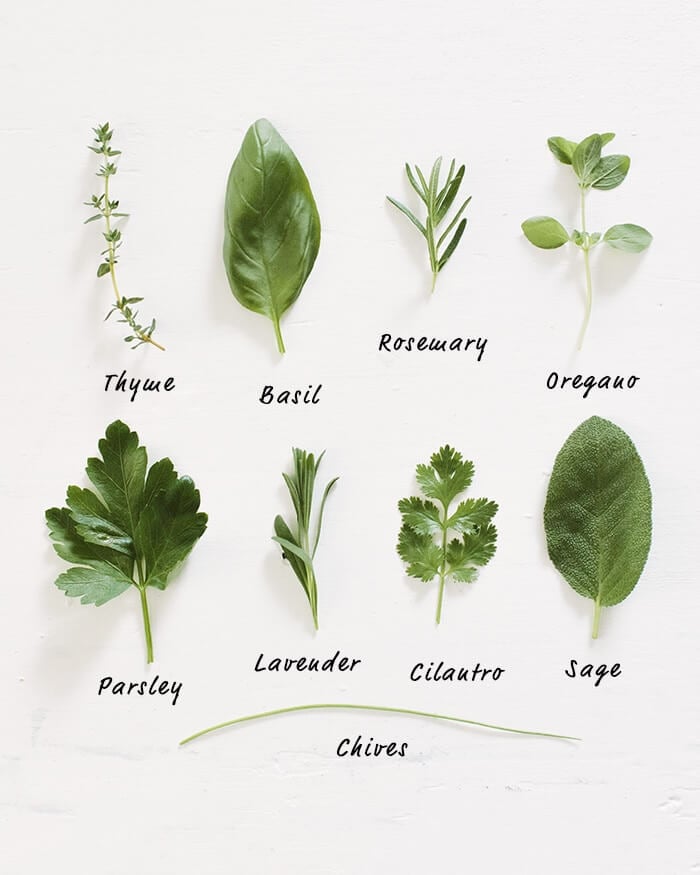 |
Tips For Dehydrating FoodsThe body reacts to dehydration by stimulating the thirst center, a powerful urge to drink fluids. However, if water intake does not match the amount.. |
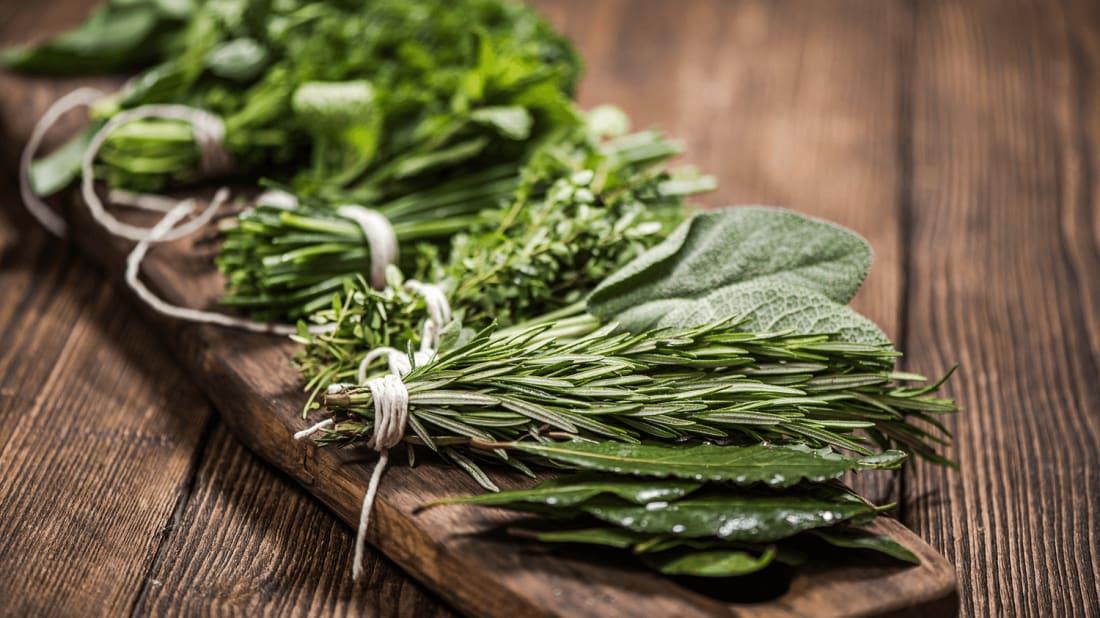 |
Join 10,000 Students Who Have Learned Herbs with Michael and Lesley Tierra - East West School of Planetary HerbologyLearn herbs from respected professional herbalists offering world-class herbalist training. The NEW Professional Herbalist Course includes courses on over 600 |
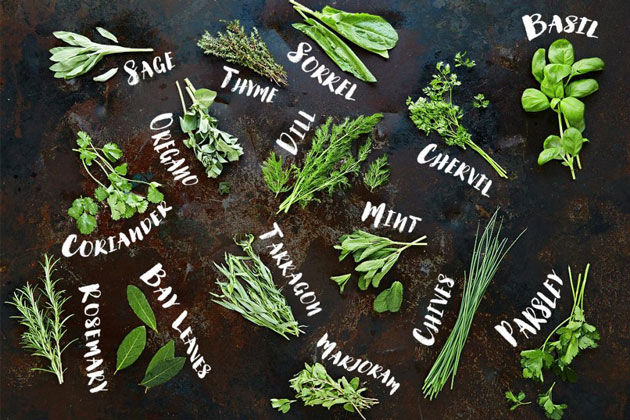 |
How to Get Your Hands on TurmericTurmeric is one of the best natural remedies available for many ailments, from arthritis to cancer. Its properties are known for its powerful.. |
 |
Slippery Elm and EssiacSlippery elm is native to eastern North America and has numerous uses, including the treatment of GERD and irritable bowel syndrome. However,.. |
 |
Health Benefits of DillDill is an annual herb in the celery family Apiaceae. It is the sole species of the genus Anethum and is widely cultivated in Eurasia. The herb is.. |
 |
Licorice Root Benefits and Side EffectsLicorice is a flowering plant of the bean family, Fabaceae, and it is used as a sweetening agent. The root of Glycyrrhiza glabra is extracted for its |
 |
What Are the Benefits of Green Tea?Whether you're trying to lose weight or simply feel better, green tea is a great way to get the benefits you're looking for. It contains catechins.. |
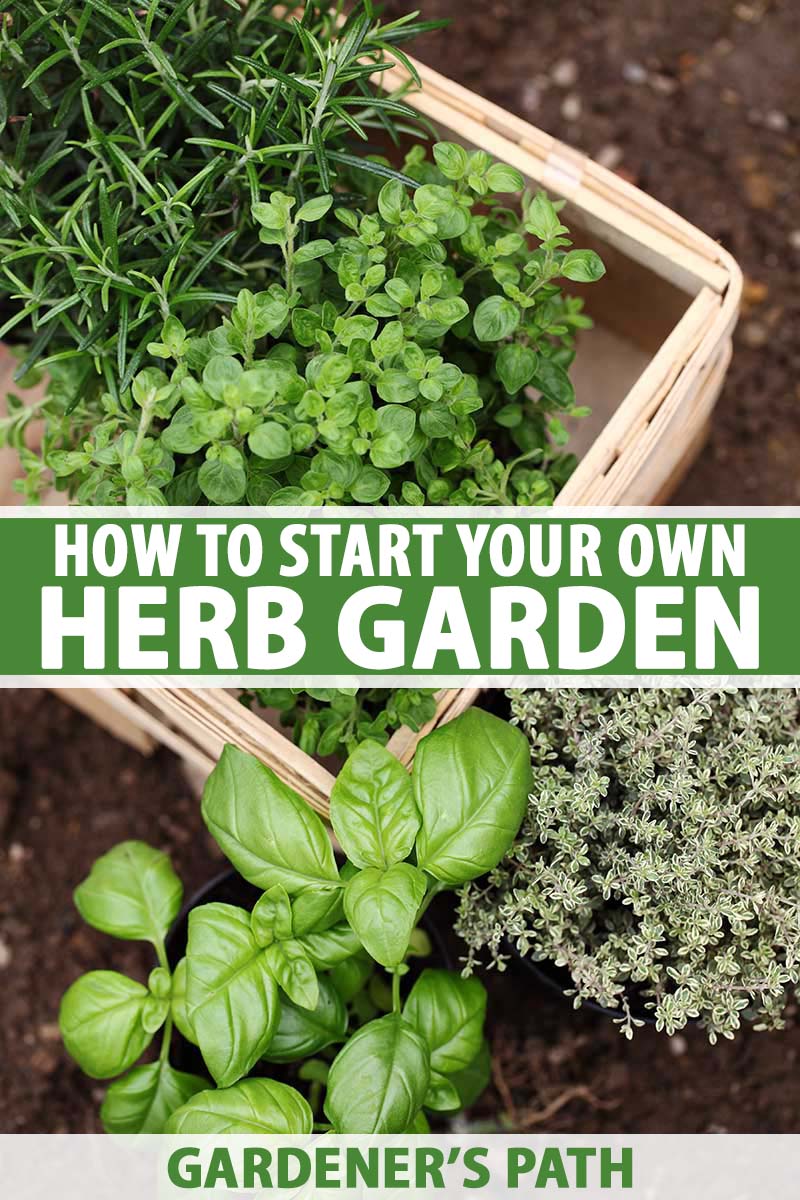 |
The Best Way to Chop Fresh HerbsTo properly chop fresh herbs, you should purchase them in a deep green color and smell fresh. You should then wash them well under running water and.. |
 |
Seasoned Baby PotatoesIf you're looking for a recipe for seasoned baby potatoes, you've come to the right place. Learn how to make seasoned potatoes with herbs and spices, |
 |
Health Benefits of Italian ParsleyBefore using Italian parsley, rinse it thoroughly under cool water. This will help remove any dirt or dust that may be attached to the leaves. Wrap.. |
 |
The Benefits of Herbal TeaHerbal teas are made from the infusion of plants and other plant materials. They are also known as herbal infusions or tisanes. Although there are.. |
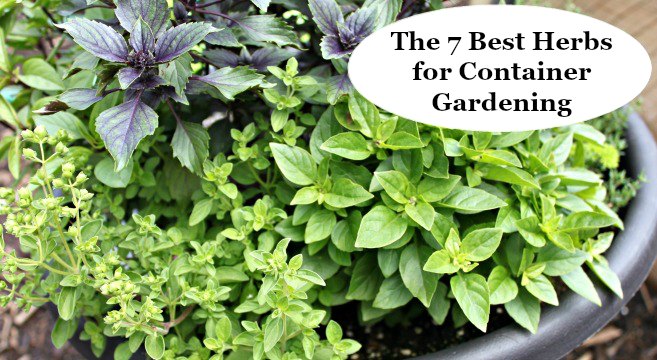 |
Herbs in Pots - How to Grow Delicious Herbs in PotsThere are many things to know when growing herbs in pots. The growing conditions, Containers, Soil amendments and watering are just a few of the.. |
 |
Choosing Annuals For Your Herb GardenIf you have ever wanted to have an herb garden, it is important to know that there are several important factors to keep in mind. Herbs require good.. |
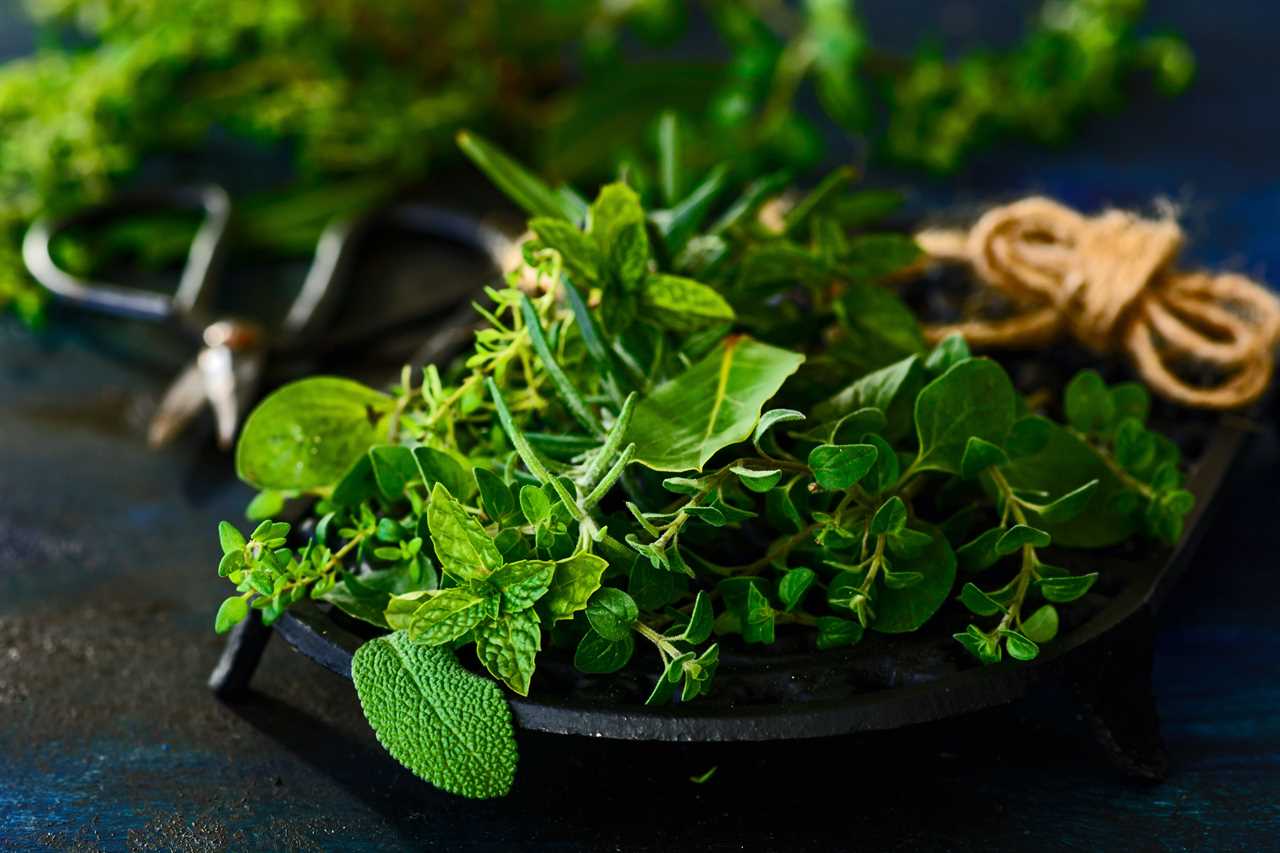 |
Home of HerbsFind out more about herbs and how to use them |
 |
The Advantages of Substituting Dried Herbs For FreshThere are many advantages to substituting dried herbs for fresh. They are cheaper, more potent, and less dusty. These are the reasons that I prefer.. |
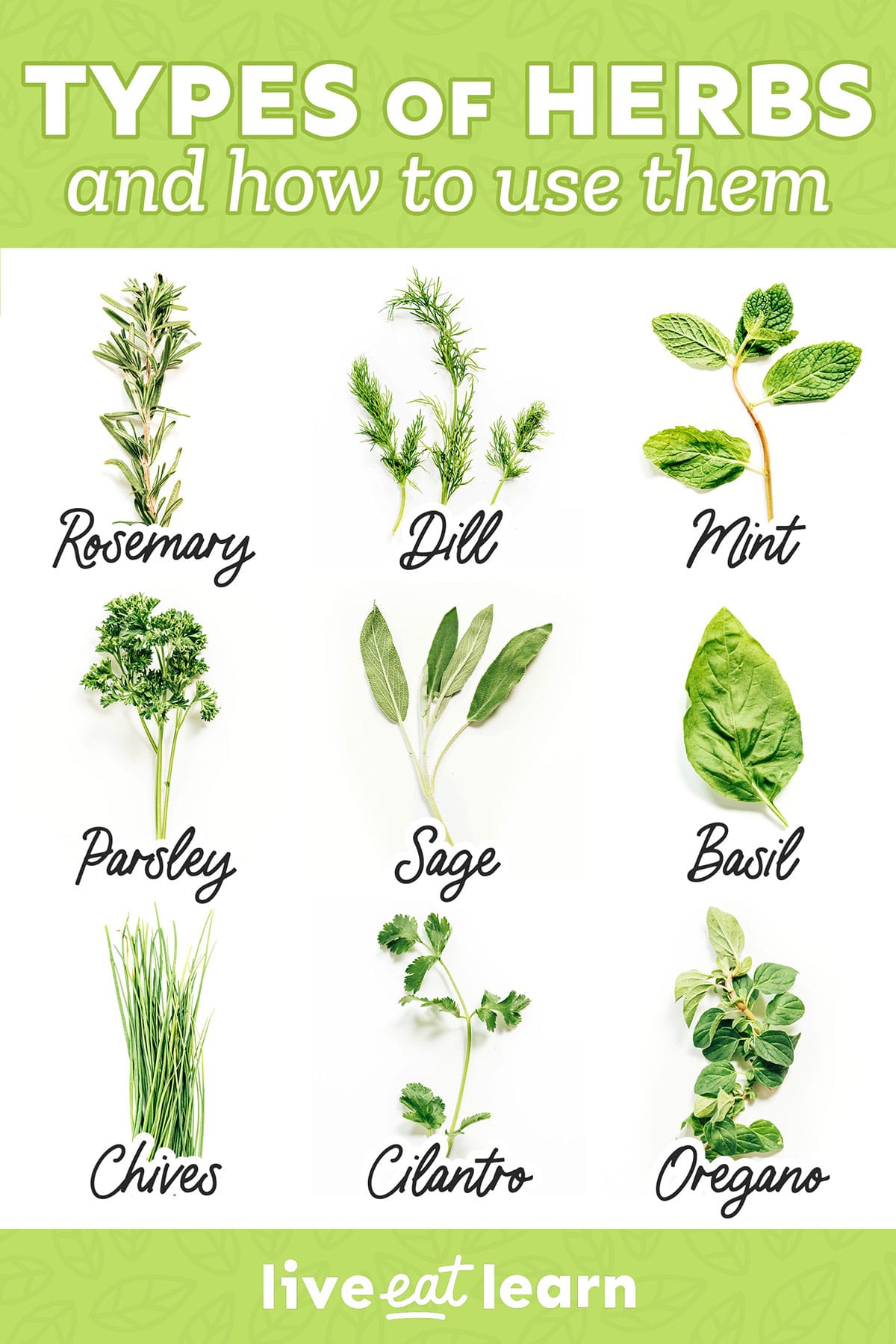 |
Substitute For Dried ParsleyIf you want to make a recipe without parsley, try using cilantro, dill, oregano, or sage instead. They are all delicious substitutes for dried.. |
 |
Herbs That Grow in WaterThere are several types of herbs that grow in water. These include Cilantro, Thyme, Oregano, and Lavender. Here are some tips to help you grow these.. |
 |
Perennial Herbs For Zone 4If you're in Zone 4 and are looking for perennial herbs, lemongrass and thyme are great choices. These plants thrive in cooler climates and can be.. |
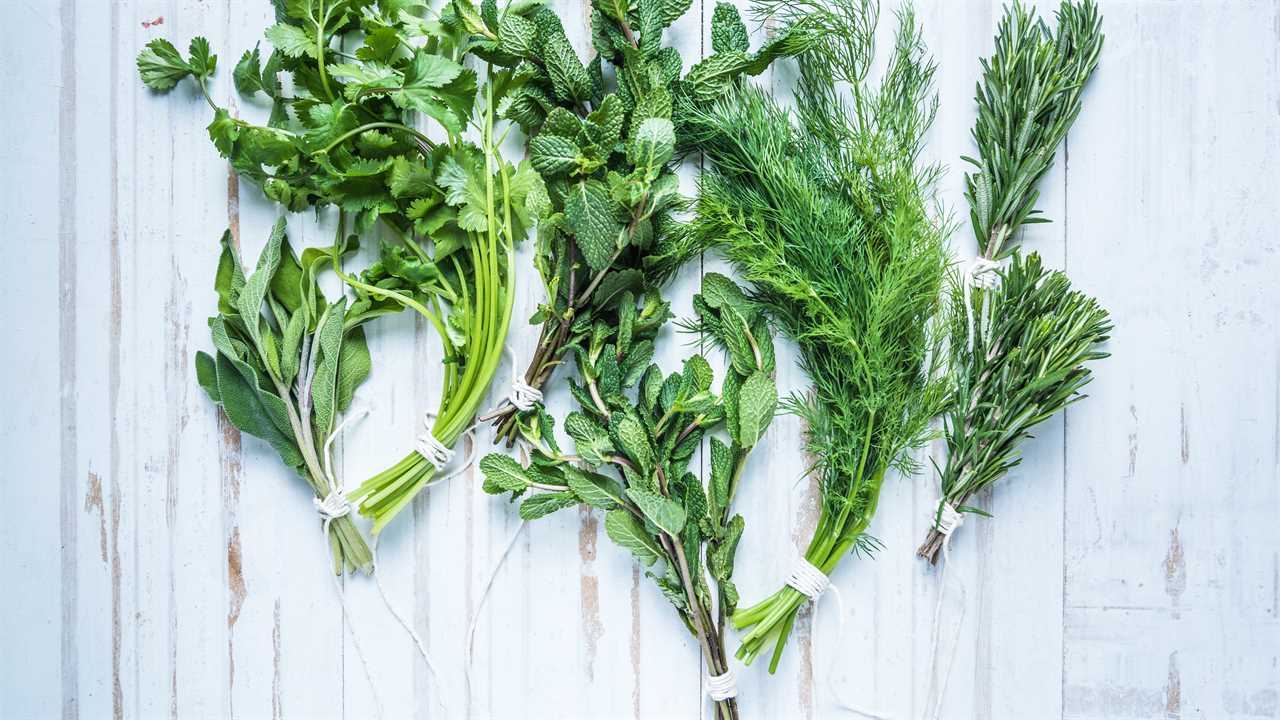 |
Tips For Growing MenthaA mint plant is a great choice for a water garden or small water feature. They have light lavender flowers, dark green leaves with purplish veining,.. |
 |
Medicine From PlantsThe use of medicine from plants has long been an essential part of traditional Chinese medicine. This ancient practice involved a wide range of plant |
 |
Ayurvedic Medicine Side EffectsAyurveda is an alternative medicine with historical roots in the Indian subcontinent. While its theory is considered pseudoscientific, it is still.. |
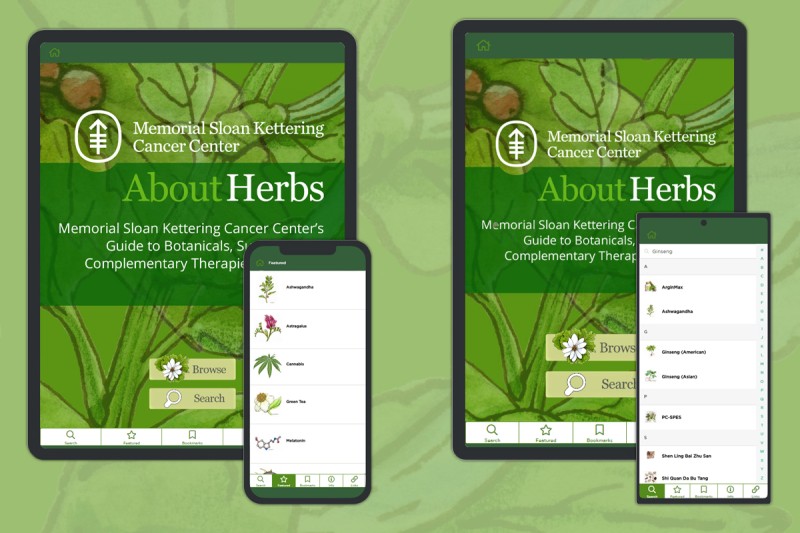 |
Growing Herbs IndoorsGrowing herbs indoors has a number of benefits, including increased yield and reduced watering. It can also be beneficial for people who are.. |
 |
6 Herbs High in MagnesiumMagnesium is an important mineral that plays an essential role in heart, brain, and musculoskeletal health. Since magnesium is required ... Read more |
 |
Citrus Bergamot vs. Red Yeast Rice: Similarities & Differences ExplainedCitrus bergamot and red yeast rice are two herbs compared to each other due largely to their potential to reduce ... Read more |
 |
Citrus Bergamot vs. Bitter Orange: Similarities & DifferencesCitrus bergamot and bitter orange are both popular herbs with health benefits for metabolism and weight loss. However, they both ... Read more |
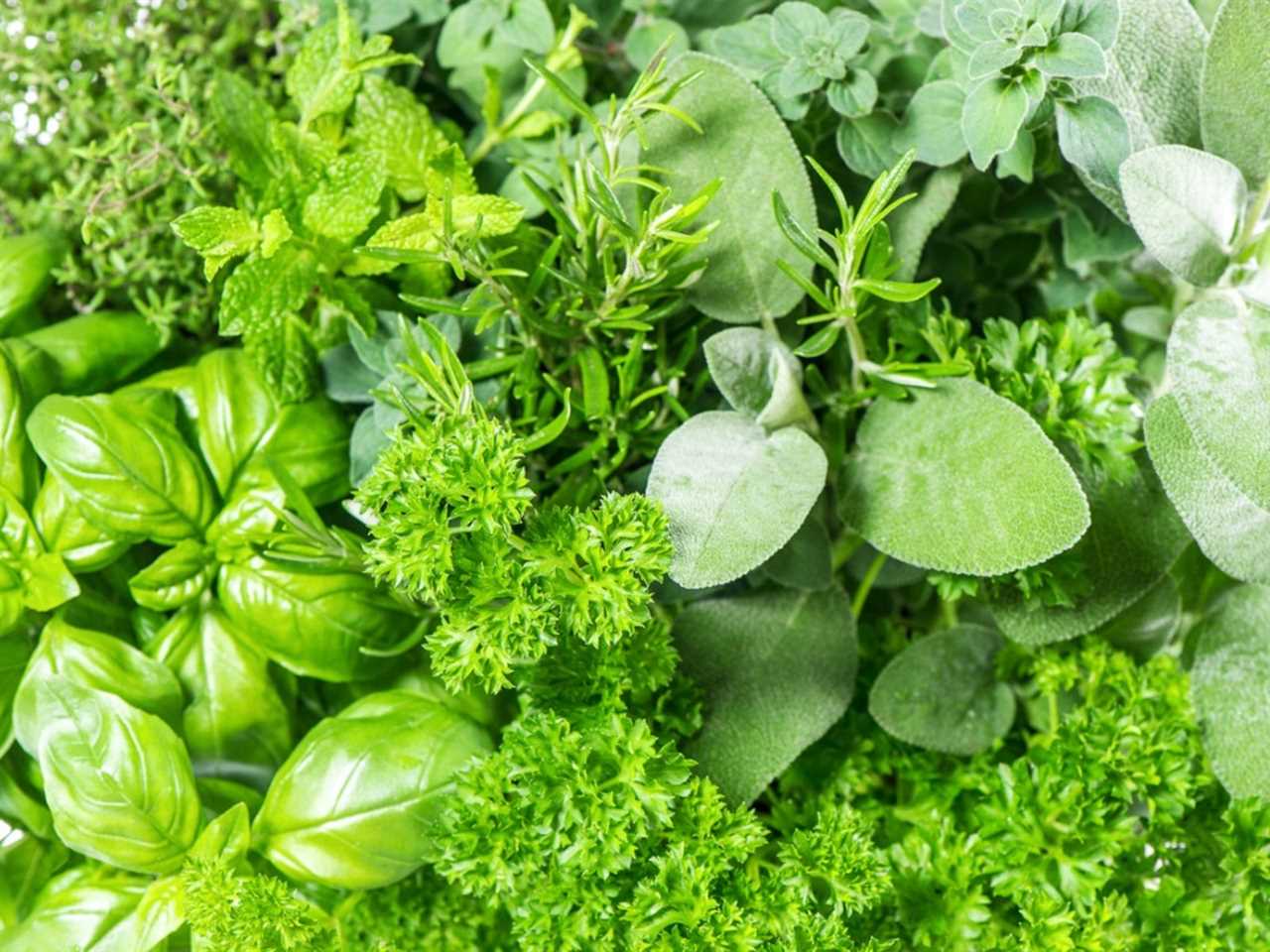 |
The Cup of LifeLike life, tea is what you make of it and The Cup of Life helps individuals enjoy tea in more than one way. Join me on my tea adventures through my blog! |
 |
6 Herbs High in ZincZinc is an important trace element that contributes to immune function, tissue repair, and gene synthesis. Since zinc is involved ... Read more |
 |
5 Herbs High in PotassiumPotassium is a mineral that plays a crucial role in maintaining overall health and wellness, especially for muscle and nerve ... Read more |
 |
Feb 14, How to Use Ground Ivy with Val AlcornIt’s always exciting to hear about a little-known herb with powerful medicinal action. Join this conversation about ground ivy with Val Alcorn! |
 |
Feb 21, Benefits of Calamus Root with jim mcdonaldJoin me and my friend and herbalist jim mcdonald as we discuss the benefits of calamus root, including clearing away mental cobwebs and enhancing your focus. |
 |
Mar 1, Cottonwood BenefitsJoin me in this episode all about cottonwood and find out why it has been used as medicine and to make a variety of tools for thousansa of years! |
 |
Mar 7, The medicine of calamus root (rhizome) and leaves with Karyn SandersIt was an honor and a deep pleasure to have this informative conversation about calamus root benefits with Karyn Sanders. Join us in this new episode! |
 |
Mar 14, Dandelion with Nancy PhillipsLet's sit down and discuss dandelion with herbalist and author, Nancy Phillips |
 |
Delicious Elderberry Syrup Gummies for Cold Flu & SleepElderberry syrup is immune enhancing and protective against colds and flu. It’s one of my favorite natural remedies for avoiding or beating the flu. These flu |
 |
Helpful Plant Remedies For Anxiety And StressFeeling anxiety and stress lately? Are you feeling frustrated and wish you could just find a way to relax? Do you find that your heart is usually beating |
 |
Tomato Tea, A Natural Cold and Flu RemedyThis tea really works! You can literally feel your sinuses opening up. It’s an immune booster so even if you’re not sick drink this when others around you are |
 |
What Are Digestive Bitters And Should You Take Bitters?Bitters are a drink you sip before a meal to aid in healthy digestion. Traditional diets contained bitter foods because of their digestive action. The bitter |
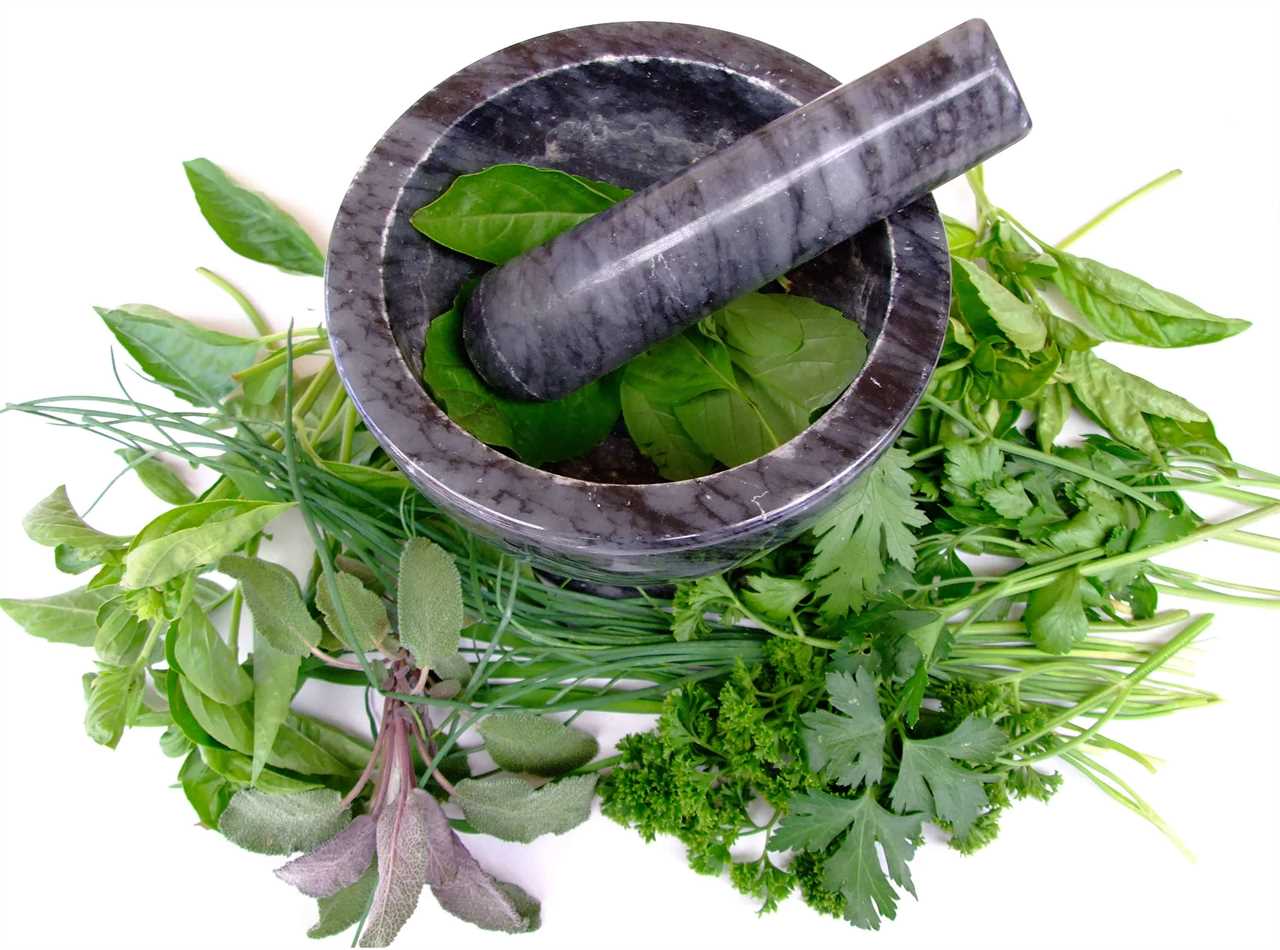 |
Tony Gebely · Tea Epicure · Taste DifferentlyA tea assessment platform that rates teas based on objective quality markers and a sensory evaluation resulting in a list of the best teas produced each year. |
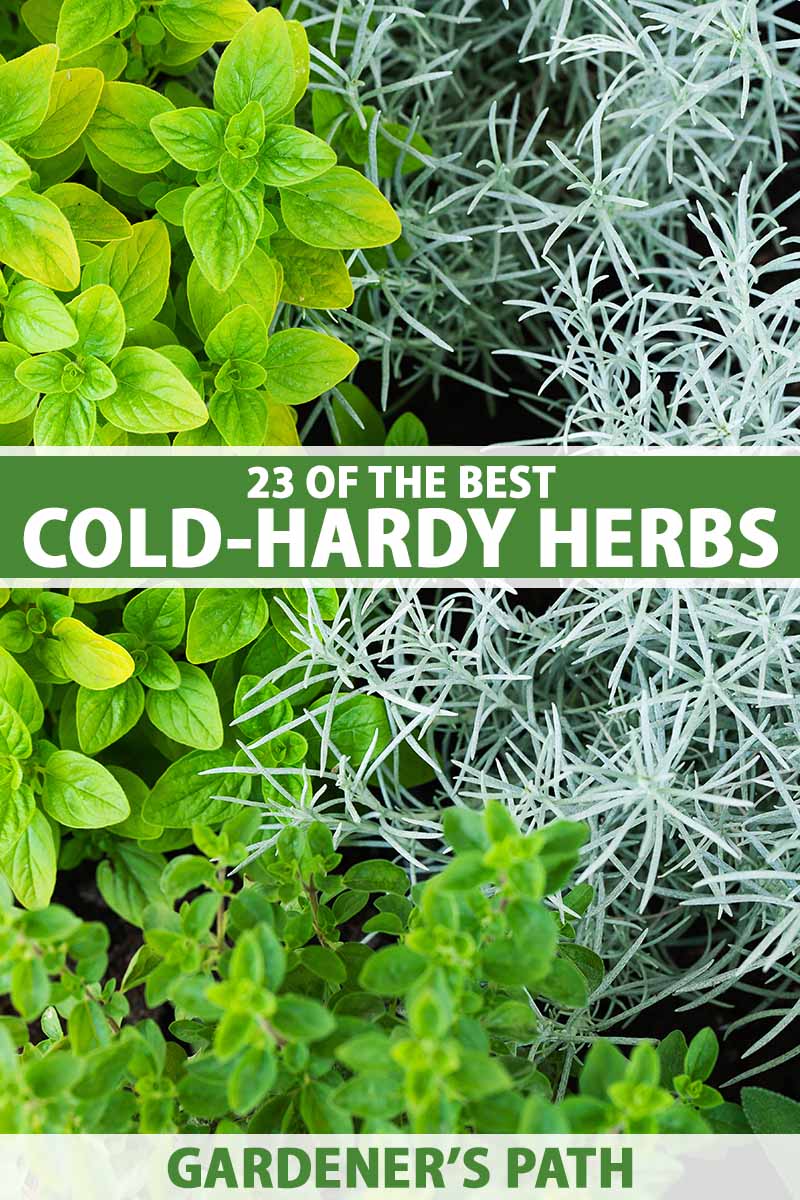 |
Motherwort Has Amazing Benefits For Your BodyMotherwort (Leonurus cardiaca) is found growing in the wild in vacant lots and gardens. It’s easy to spot as motherwort grows to a height of 5 feet and has |
.png)





